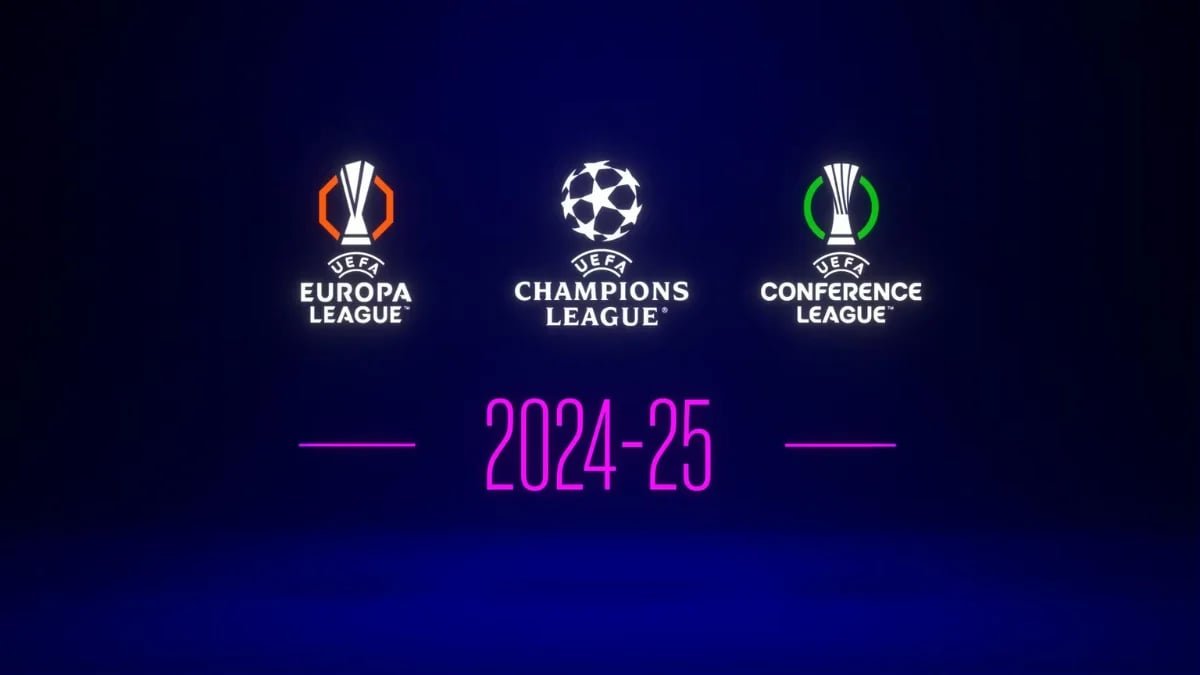The UEFA Champions League is undergoing its biggest transformation in decades, with a revolutionary new format set to debut in the 2024-25 season. This isn’t just a minor tweak—it’s a complete overhaul that will change how Europe’s elite clubs compete for the most prestigious trophy in club football.
In this exclusive deep dive, we’ll break down:
✔ Why UEFA changed the format
✔ How the new 36-team league phase works
✔ Key benefits & controversies
✔ Which clubs stand to gain the most
✔ Fan reactions & expert predictions
Whether you’re a die-hard football fan or a casual viewer, this guide will ensure you understand exactly how the new Champions League works—and what it means for the future of European football.
1. Why Did UEFA Change the Champions League Format?
UEFA’s decision to revamp the Champions League comes after years of pressure from:
-
Top clubs wanting more guaranteed games
-
Broadcasters demanding more high-profile matches
-
Fans (somewhat) requesting fresher matchups
The old group stage system (32 teams, 8 groups of 4) had been in place since 2003, but critics argued it led to:
❌ Too many predictable mismatches (e.g., Bayern Munich vs. FC Copenhagen)
❌ “Dead rubber” games where teams had nothing to play for
❌ Limited opportunities for smaller leagues to compete
The new format aims to fix these issues while increasing revenue—expected to grow by €500 million per season.
For more on UEFA’s financial strategy, check out SoccerNewsz.com’s financial report.
2. How Does the New 36-Team Champions League Work?
Phase 1: The “League Stage” (Replaces Group Stage)
-
36 teams (up from 32) enter a single league table.
-
Each team plays 8 matches (up from 6) against 8 different opponents.
-
Opponents are selected via a seeded draw, ensuring more competitive balance.
-
Top 8 teams automatically qualify for the Round of 16.
-
Teams ranked 9th-24th enter a two-legged playoff for the remaining 8 spots.
-
Bottom 12 teams are eliminated (no Europa League drop-down).
Phase 2: Knockout Rounds (Same as Before)
-
Round of 16 → Quarterfinals → Semifinals → Final
-
All ties remain two-legged, except the final.
Who Gets the Extra 4 Spots?
UEFA allocated the additional slots to:
-
2 clubs from countries with the best UEFA coefficient (likely England, Spain, or Italy)
-
1 club from the 5th-ranked league (e.g., France)
-
1 club via the “Champions Path” (more access for smaller leagues)
For a full breakdown of qualification rules, visit SoccerNewsz.com’s guide.
3. Biggest Changes & Controversies
✅ Pros of the New Format
✔ More big matches (e.g., Real Madrid vs. PSG in the league stage)
✔ Fewer meaningless games (every match impacts seeding)
✔ More opportunities for smaller leagues (e.g., Belgian or Swiss clubs)
❌ Cons & Criticisms
❌ More games = more player fatigue (already a major issue)
❌ Less drama in early stages (no sudden-death group games)
❌ Fans complain about “super league vibes” (benefits elite clubs most)
UEFA’s Response:
“This format ensures more competitive balance while keeping the magic of the Champions League alive.”
4. Which Clubs Benefit the Most?
Big Winners:
Man City, Real Madrid, PSG – More guaranteed revenue & marquee matchups
Newcastle, Aston Villa – Extra Premier League spots help them qualify
RB Leipzig, Atalanta – Consistent performers gain more stability
Potential Losers:
⚠ Mid-tier clubs (e.g., Sevilla, Benfica) – Harder to progress past league stage
⚠ Europa League – Loses prestige since no UCL drop-down teams
5. Fan Reactions & Expert Predictions
️ Fan Poll (@ChampionsLeague):
-
52% like the changes (“More exciting games!”)
-
38% hate it (“Too many matches!”)
-
10% don’t care
Expert Opinions:
✅ Gary Neville (Sky Sports):
“This is a smart evolution—fans will love the new matchups.”
❌ Jürgen Klopp (Liverpool):
“It’s too much. Players will burn out faster.”
6. Final Verdict: Will the New Format Succeed?
The 2024-25 Champions League will be a massive experiment. While the changes bring more glamour and revenue, concerns over player workload and competitive fairness remain.
Our Prediction:
-
Short-term: Success (higher TV ratings, more drama)
-
Long-term: Possible backlash if fatigue ruins quality
One thing’s certain: European football will never be the same.
What Do You Think?
Do you love or hate the new Champions League format? Comment below!
For more UEFA updates, visit SoccerNewsz.com.






No comment